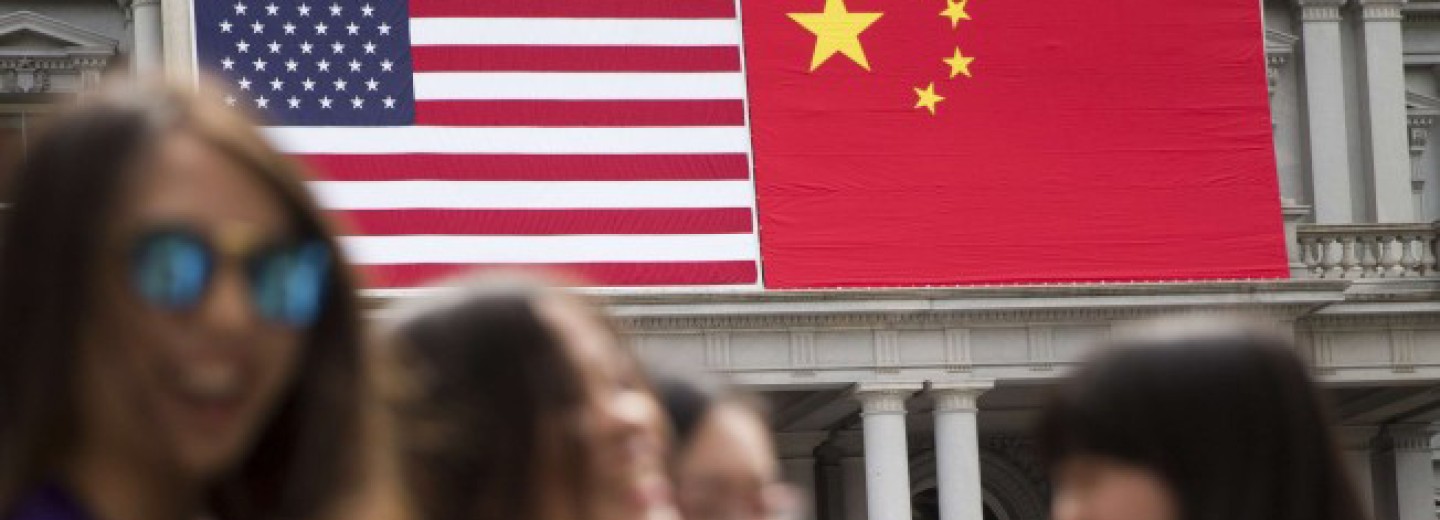COLD WARS
This week, in two posts, I focus on a topic that continues to engage me - the feeling that our own values are ‘right’ and everyone else’s ‘wrong’. In today’s article, I summarise an article in ZaoBao about the USA-China disputes, in which the writer considers that the USA believes its position on most issues to be correct. This leads to unnecessary tensions and risks. The author, Yang Jun, is a professor at the China University of Political Science and Law and a fellow at the Ashe Centre for Democratic Governance and Innovation at the Harvard Kennedy School.
Recently, there has been much discussion in the United States and elsewhere about a new Cold War between China and the United States. Even Dr Kissinger, who has always been a steady and conservative man, has warned that the relationship between China and the United States is close to a Cold War. He cautioned that a second Cold War (between China and the United States) would be more dangerous than the first Cold War. A full-scale war between the US and China would set civilisation back, if not destroy it.
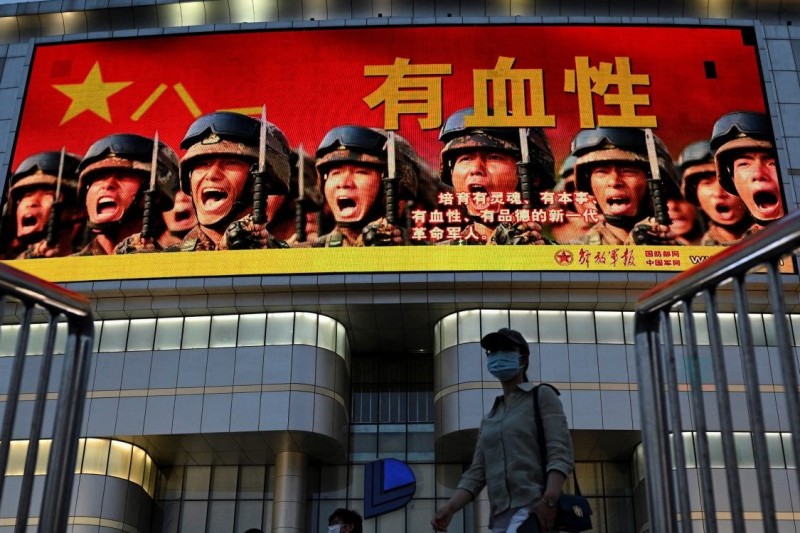
The frequent military exercises between the two sides in recent times have forced people to face up to the seriousness of this issue. In this author's view, if we want to talk about a new Cold War, we must first go back to the history of the Cold War and have a clear understanding of the context in which it began.
In a Tribune op-ed on 19 October 1945, Orwell used the term 'Cold War' to describe a world living in the shadow of nuclear war and warned that such a world would not be sustainable. In February 1946, George Kennan sent a long telegram from Moscow to the US, arguing that Soviet foreign policy was deeply rooted in its internal systems. They were a mixture of communist ideological fanaticism and old-fashioned tsarist expansionism. As a result, the goals and philosophies of the US and the Soviet Union were irreconcilable, and a long-term conflict was inevitable. The US had to be prepared for a long struggle.
In March of the same year, the former British Prime Minister in opposition, Winston Churchill, also pointed out that the Soviet Union had created "an iron curtain" between "Stettin on the Baltic Sea and the Adriatic port of Trieste" and had established pro-communist governments in every country occupied by the Red Army. Therefore, the United States and the British Commonwealth must ally to meet the present, immediate threat.
In summary, the historical Cold War was ‘fought’ between two rival camps, the Soviet Union and the United States.
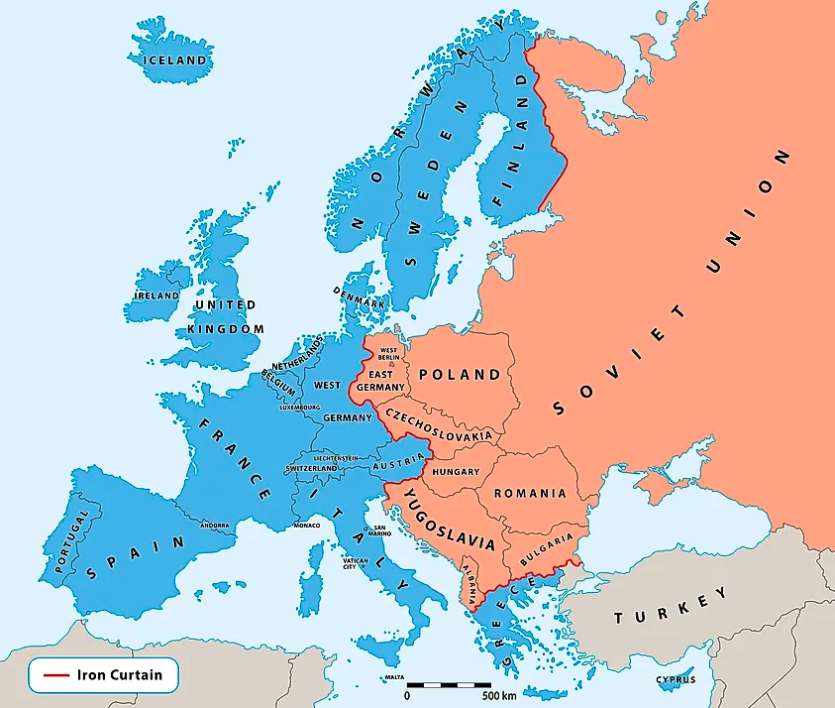
However, today, China has yet to have a clear, unified rival base or alliance behind it, not to mention that China has consistently opposed alliances and rivalries. It has yet to show engagement in expansion, let alone establishing pro-communist governments abroad. China's Taiwan issue has existed since the establishment of diplomatic relations between China and the US, and the three Sino-US joint communiqués have repeatedly confirmed the one-China proposition.
In addition, despite differences of opinion on many international and domestic issues, there is no longer a communist ideological debate between China and the United States; nor is there the same ideological tension or incompatibility between the Soviet Union and the United States either officially or privately. Any American visiting or living in China is likely to agree. On the contrary, after more than 40 years of reform and opening up, China has kept pace with the rest of the world and, in some respects, has even done a better and more efficient job than the United States.
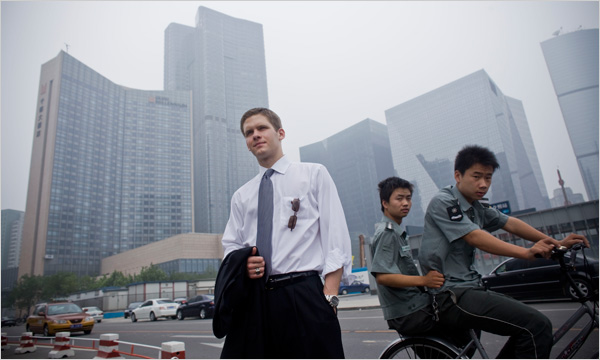
The difference in diplomatic tone between the US and China is more a result of China's rising national power and its eagerness to break away from the shadows of powerlessness and poverty that began in 1840. China dreams of a great rejuvenation of the nation as soon as possible. This strong sense of national pride is natural for an ancient country with a 4,000-year history of civilisation. For Americans, it is unimaginable and incomprehensible and has become a source of many misunderstandings and prejudices.
As for the return of universalism and the ideas of previous emperors, it is, at most, a traditional cultural view and has yet to be elevated to the level of Chinese foreign policy. Thus it is not the same as the ideological dispute between Russia and America during the Cold War. The conflict between East and West from 1840 onwards in China resulted from the West forcing what it considered a more developed, advanced, and civilised economy, trade, institutions, culture, and even religious views on the Chinese people.
On the contrary, China chose to stand firmly on the side of the United States in the post-September 11 war on terror, not only condemning terrorist acts but also opening its military intelligence and bases to the USA. This is a far cry from the brutal and radical manoeuvres of the Soviet Union at the dawn of the Iron Curtain when it staged the Berlin blockade and the Czech coup and agreed to the North Korean invasion of South Korea.

Moreover, China has been actively involved in many of today's international issues, especially global climate change, peacekeeping, and global economic development, which are of grave concern to the West. It has even gone significantly beyond China's responsibilities and scope. Even in the Russo-Ukrainian war, China has so far not stood in opposition to the West nor openly supported Russia militarily. The claim that there is no limit to the friendship between Russia and China is talk, as China's ambassador to the EU, Fu Cong, recently explained clearly.
Therefore, the United States, as a significant country that prides itself on its democracy, should not leave itself or other countries no room for tolerance and pluralism or as a flexible and pragmatic diplomatic strategy. The United States should not presume that China and Russia are the same, nor should they keep provoking each other in the Taiwan Strait and the South China Sea just because China refuses to condemn the Russian invasion.
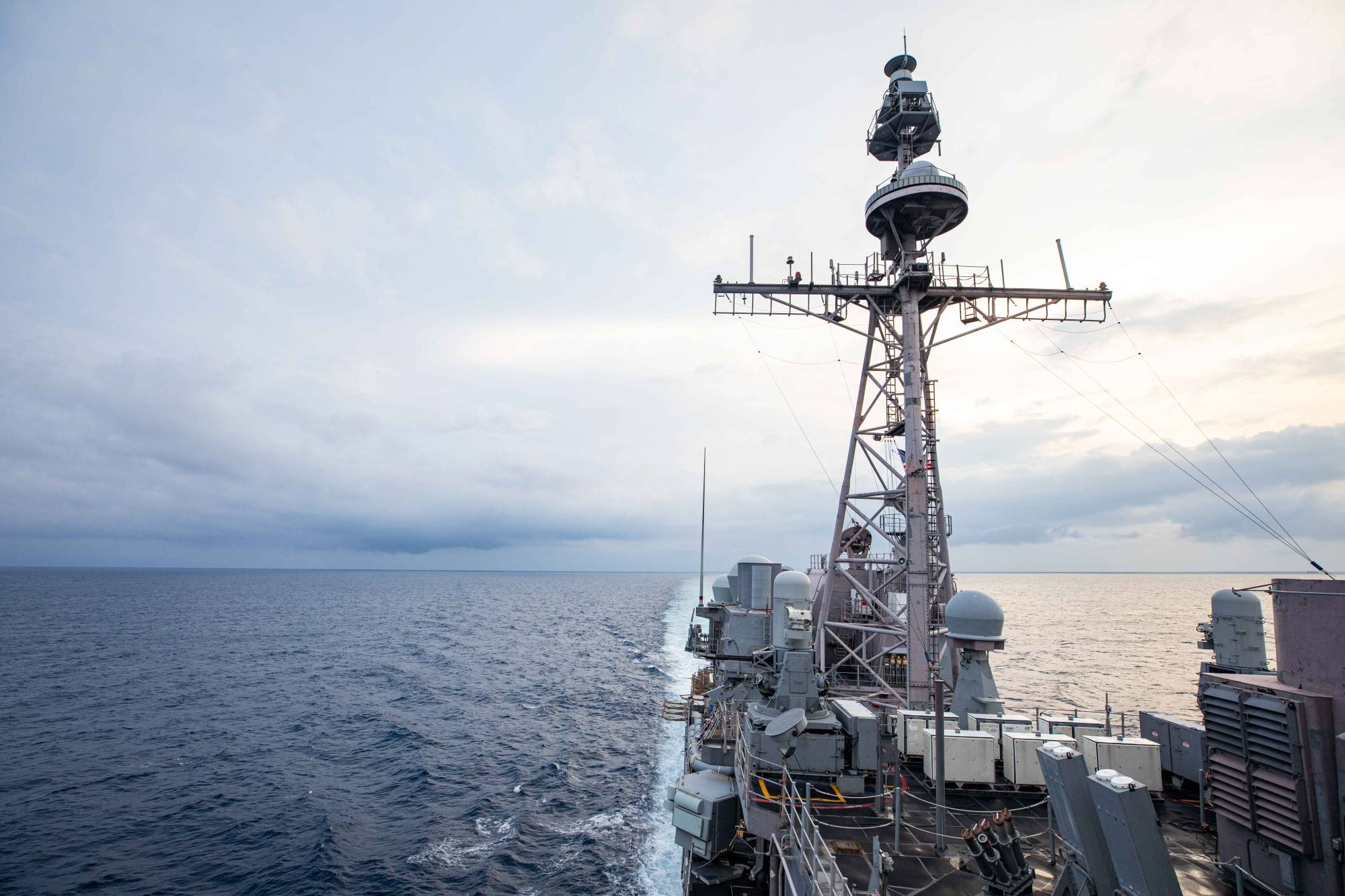
China should also face up to the problem, open its mind and start an open and frank dialogue with the US as soon as possible to reduce the risk of a military collision between the two sides. This again reflects the truth of Deng Xiaoping's words during his visit to the US – “if the US is fixed, the whole West is fixed”.
In a nutshell, the United States should calm down, start from the spirit of its founding and great power, and return to an America that believes in, and respects, its role as a source of freedom and progress for all human beings. Then, we should seriously reflect on and sort out the friction between the US and China since the Trump administration. This would clarify which ones China should adjust and which ones the US should correct.
Finally, the prosperity and decline of any civilisation depend primarily on itself and cannot be achieved by provoking trouble. A powerful America should be confident, open, and tolerant of dissenting nations in global political and economic competition and convince others of the strength and superiority of its civilisation. If a country can do this, it will be a faithful navigator for the 21st century, leading the world out of confrontation and conflict and ushering in permanent peace and prosperity for humanity.
Worked on the article:

Wanlikhang


